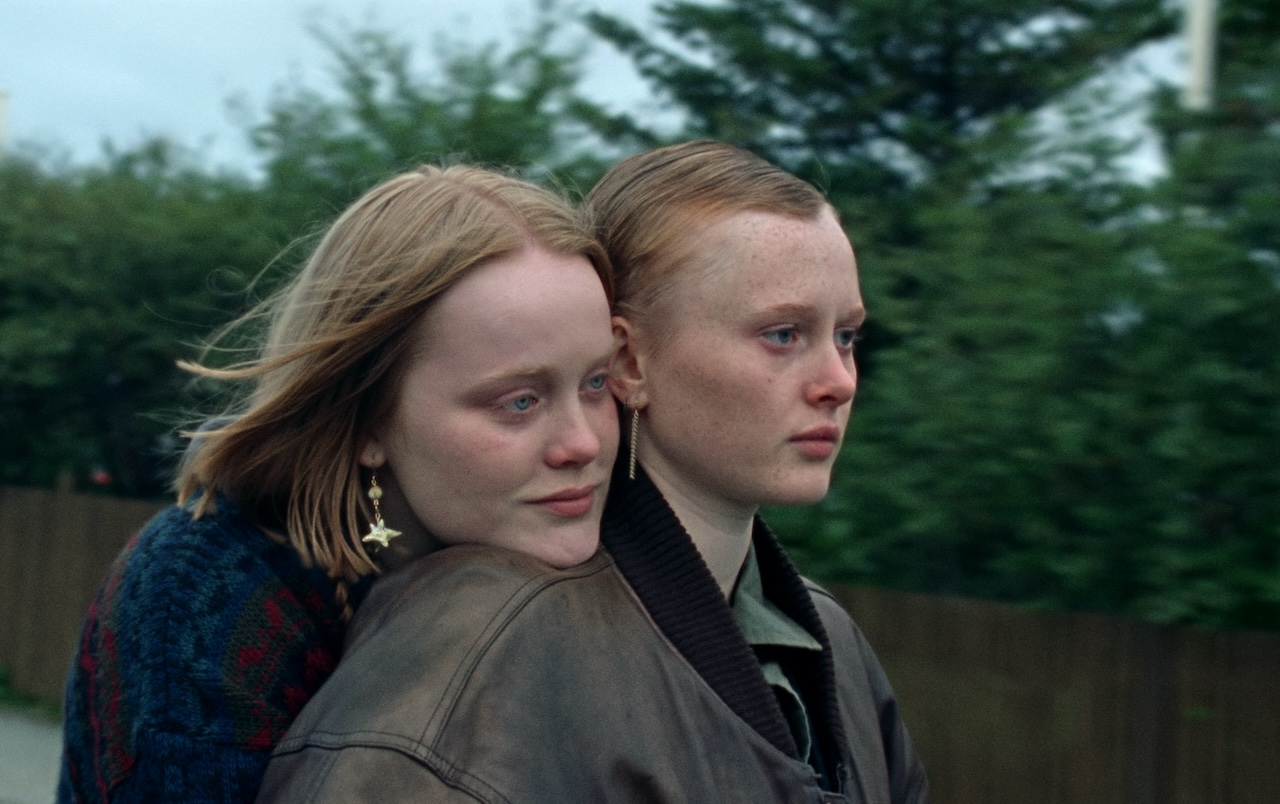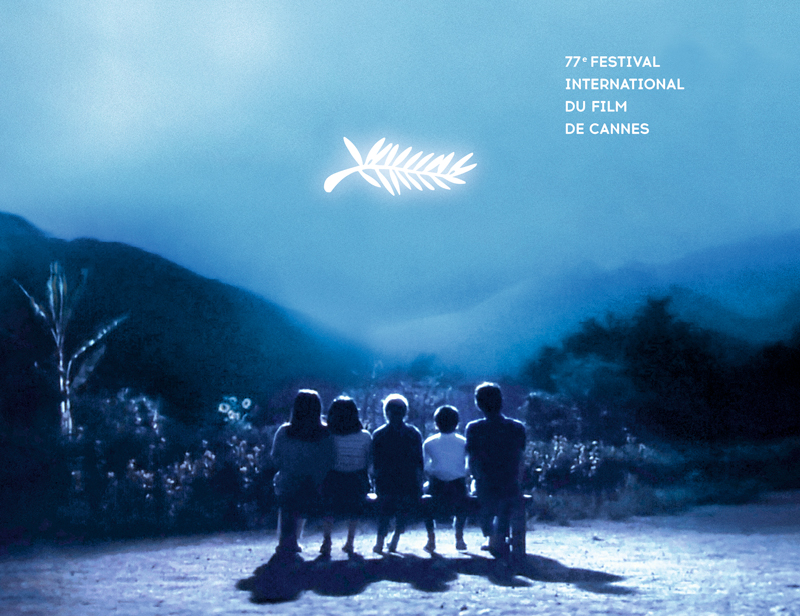When the Light Breaks

Within its first, deceptively tranquil shot, Icelandic director Runar Runarsson’s fourth feature is imbued with an irrecoverable sense of loss. As two young lovers, Una and Diddi (Elin Hall and Baldur Einarrsson, respectively) meet at the beach, the setting sun casts them in the hazy, ephemeral glow of a fading polaroid. Somehow, even as they speak excitedly of future plans, they’re already gone.
When the Light Breaks (Ljósbrot) unfolds largely over a single day, focussing squarely on Una’s complex, contradictory personal journey to process unexpected tragedy. In Runarsson’s film, grief is truly located not in sudden loss, but in the anticlimactic silence of the aftershock. Emergency eases, the mundane rhythms of small talk and familial awkwardness are restored, and ordinary life appears to resume with startling effortlessness. Through it all, Hall’s gaze, guarded yet expressive, is the touchstone connecting the before and after.
Bookended with mournfully keening musical interludes, this Icelandic feature nonetheless operates at a silent, observational remove for much of its runtime. The result could be forbiddingly austere for a film less smartly judged, so intent on evading the pitfalls of easy melodrama as to disengage from its story altogether. However, Runarsson’s terse restraint feels fundamentally honest, not least for its withholding of judgement. In one key scene, a mass of mourners congregates around Una in a hospital waiting room, embracing and consoling while she stands stubbornly alone. The film does not admonish her for the stance, but keenly understands both the insularity of her grief and the selfishness it invites; the desire to claim her loss entirely as her own. For much of When the Light Breaks’ fleet, under-80-minute runtime, DP Sophia Olsson’s camera leans in like the sole confidant in whom she can confide, privy to that which remains unspoken.
Ultimately, When the Light Breaks may be too careful, too neat in its construction to wholly reflect the messy truths contained therein. Una’s journey towards healing may be imperfect, but Runarsson’s final shots, and the direct parallels they draw to the film’s very beginning, feel too elegantly considered to wholly deliver the intended emotional payload. Nonetheless, the film makes a persuasive case for the uncomfortable but necessary process of finding common ground in grief, echoing something experienced by the director in his youth. As the day winds to its close, Una strives to let go of her own private mourning in order to share it with another, and the results feel just as much like an end as a beginning. To invite others into your grief is the beginning of letting go, and to let go of that which has been lost can be equivalent to losing it a second time. Still, Runarsson and this sensitive, understated drama argue that it is only in bridging that gulf between ourselves and others that healing can be found.
Thomas Messner
When the Light Breaks (Ljósbrot) does not have a UK release date yet.
Read more reviews from our Cannes Film Festival 2024 coverage here.
For further information about the event visit the Cannes Film Festival website here.

























Facebook
Twitter
Instagram
YouTube
RSS